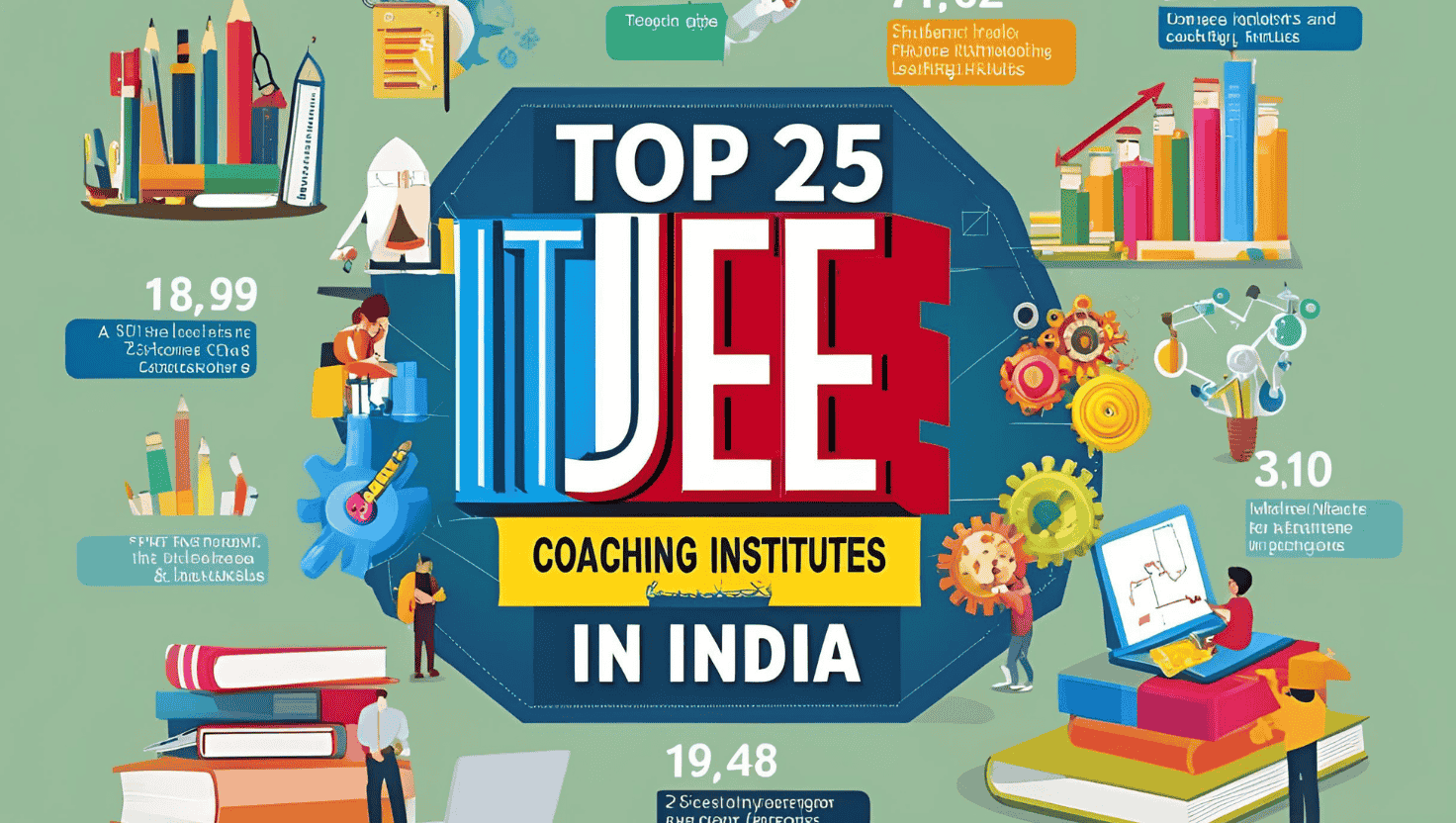How to Prepare for JEE mains exam
For all students seeking admission to a reputable engineering college, they must pass the JEE mains.

Overview
For all students seeking admission to a reputable engineering college, they must pass the JEE mains. The higher your rank, the better college you will be able to attend. Although JEE Mains is regarded as one of the most difficult exams in India, proper preparation and strategy is all that is required to pass the exam. While many students sacrifice years to achieve the desired results and gain admission to a good college, they still fall short in some areas.
The level of JEE mains competition has been steadily increasing with each passing year. The primary goal for all aspirants is to pass the exam and gain admission to one of the top engineering schools. This article will assist students in enhancing their preparation and achieving a high score in the JEE mains exam.
Details of the JEE exam
JEE Mains was previously known as the All India Engineering Entrance Examination. This is a computer-based exam for students seeking admission to technical undergraduate engineering, architecture, and planning programs throughout India.
The NTA also administers the JEE mains exam, as it does the NEET examination (National Testing Agency). In the midst of a cover-up. The National Testing Agency (NTA) has decided to conduct this exam on an electronic medium, i.e., JEE mains is now administered online rather than on paper.
JEE mains was established in 2002 for all students seeking admission to engineering schools. This test is divided into two sections. Paper 1 or Part 1 consists of physics, chemistry, and mathematics.
This paper is intended for students wishing to enrol in the B-Tech program. Math, aptitude, drawing, and planning are all part of Paper 2 or Part 2. The second section is for students interested in enrolling in B. Arch courses. The JEE main exams are now held twice a year. This exam will last three hours.
Criteria for eligibility and exam specifics
English, Assamese, Bengali, Gujarati, Hindi, Marathi, Kannada, Malayalam, Odia, Punjabi, Tamil, Urdu, and Telugu are the languages used in the JEE mains. Students must have completed the 12th standard or equivalent with Mathematics, Physics, and any technical subject prescribed by AICTE from a recognized board or university. For more information on JEE mains, please visit Jeemain.nta.nic.in.
JEE mains also employs a negative marking scheme, which means that for each incorrect answer, the candidate will lose one mark.
There is no negative marking for unattended and numerical value questions. In contrast, the candidate will be given four points for each correct answer. So, when answering a question in the examination, be cautious.
JEE Mains Exam Preparation Tips:
Clearing JEE mains requires consistency and strategic planning. Here are some pointers to help you pass your test.
Keep a positive attitude and avoid worrying.
- Maintain your motivation and don't let other people's negative thoughts affect your performance.
- There is such a thing as anxiety. Don't be concerned; if you work hard and consistently, you will succeed. And to get over your Anxiety just make sure to meditate daily.
Use previous year's question papers or a mock test to practice.
Previous year's question papers or mock tests are used to help you understand the format of the question paper.
When preparing the entire syllabus at once, mock tests or previous year's question papers should be solved.
When taking a mock test or solving previous year's question papers, make sure to set a reasonable time limit and then administer the test. Analyze your performance after you have finished the test. Identify the errors and work to correct them.
Keep track of your time during your JEE main preparation.
The key to success is effective time management. You must manage your time not only during the two years of preparation but also when taking the exam. Make sure you don't spend more than 1 to 1.5 minutes on any given question.
In the course of preparing for the exam, Make a point of devoting equal time and attention to each of the three subjects.
Rest is required for the human mind. Prepare a timetable and avoid studying for long periods of time without rest. A proper time schedule will not only allow you to give your brain a proper rest, but it will also help you avoid procrastination.
Understand the syllabus and exam pattern inside and out.
Make sure you understand the syllabus of the examination before sitting for JEE main preparation. This will allow you to concentrate on the key points rather than reading the entire book.
Remember that the NTA publishes the syllabus for the JEE mains every year; take a look at it before you begin studying. Only questions from the topics covered in the syllabus will be included in the JEE examination.
Once you've completed your entire syllabus, look up previous year's question papers and mock tests on the websites of Byju's, Vedantu, and other educational websites. This will provide you with information about the examination pattern. These websites will also provide you with answers to your papers.
Various books should be used.
Make sure you use books other than NCERT to prepare for your JEE exam.
NCERT will teach you the fundamentals of all subjects. Don't forget to prepare for the NCERT while you're going through different books for the subjects. You must first prepare the subjects from NCERT before moving on to other books for preparation.
However, do not skip from one book to the next. Only move on to the next book once you have finished preparing for the previous one. Many students make the mistake of purchasing multiple books and then never using any of them. Make certain that you do not do this.
Must do Weekly revisions while preparing for JEE Exam
Examine the previous year's syllabus. It is human nature to forget things that have not been thoroughly reviewed. So, once the week is over, make a date to review the material you covered the previous week. This will help you clear your concepts and doubts on a regular basis.
Monthly revisions can be used in the same way that weekly revisions are. This will improve your accuracy and help you score higher.
Conclusion
If we have properly prepared for the exam, we can easily pass. As a result, you can divide your study time into slots. Create recreational activities to keep yourself occupied and to keep you from succumbing to depression or negative thoughts. The most important thing is to have self-assurance and belief in oneself.
You should always be confident, leaving no room for self-doubt or nervousness. It is natural to feel anxious, but the important thing is how you deal with your anxiety and nervousness.
You can do it regardless of what others say. Make sure you believe in yourself and have done a lot of studying before the exam, and then you will do very well.
Related articles;
Best Books to prepare for JEE main exam.
Books to prepare for JEE advance exam.
JEE main exam dates and other details.
Best reference books for class 11.
How to stay focused on studies.
Way to improve your study habits.
Share and subscribe to the blog by email.




Comments ()